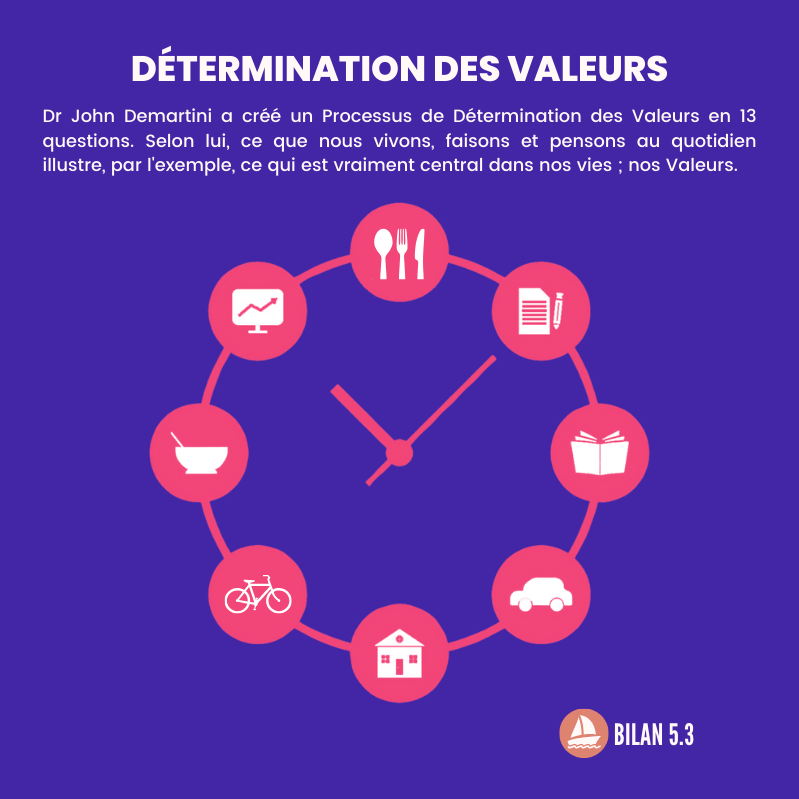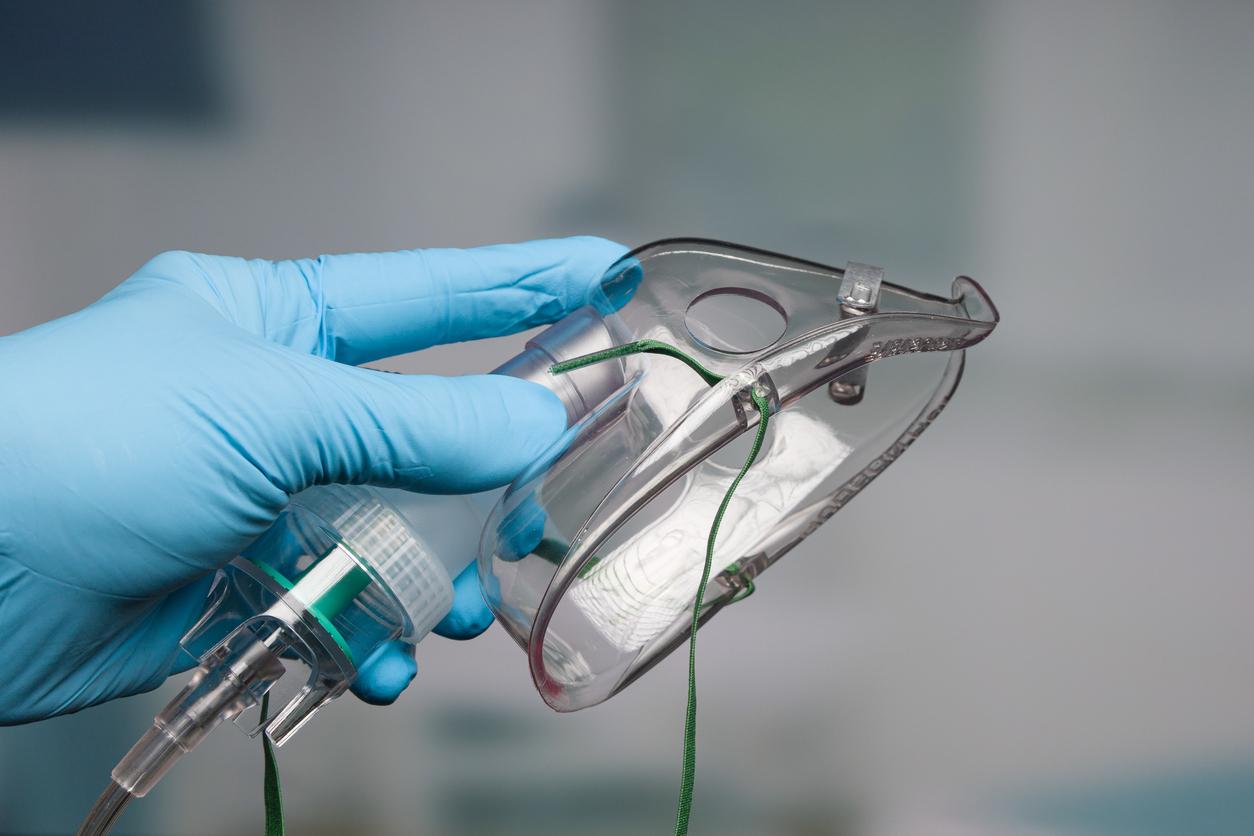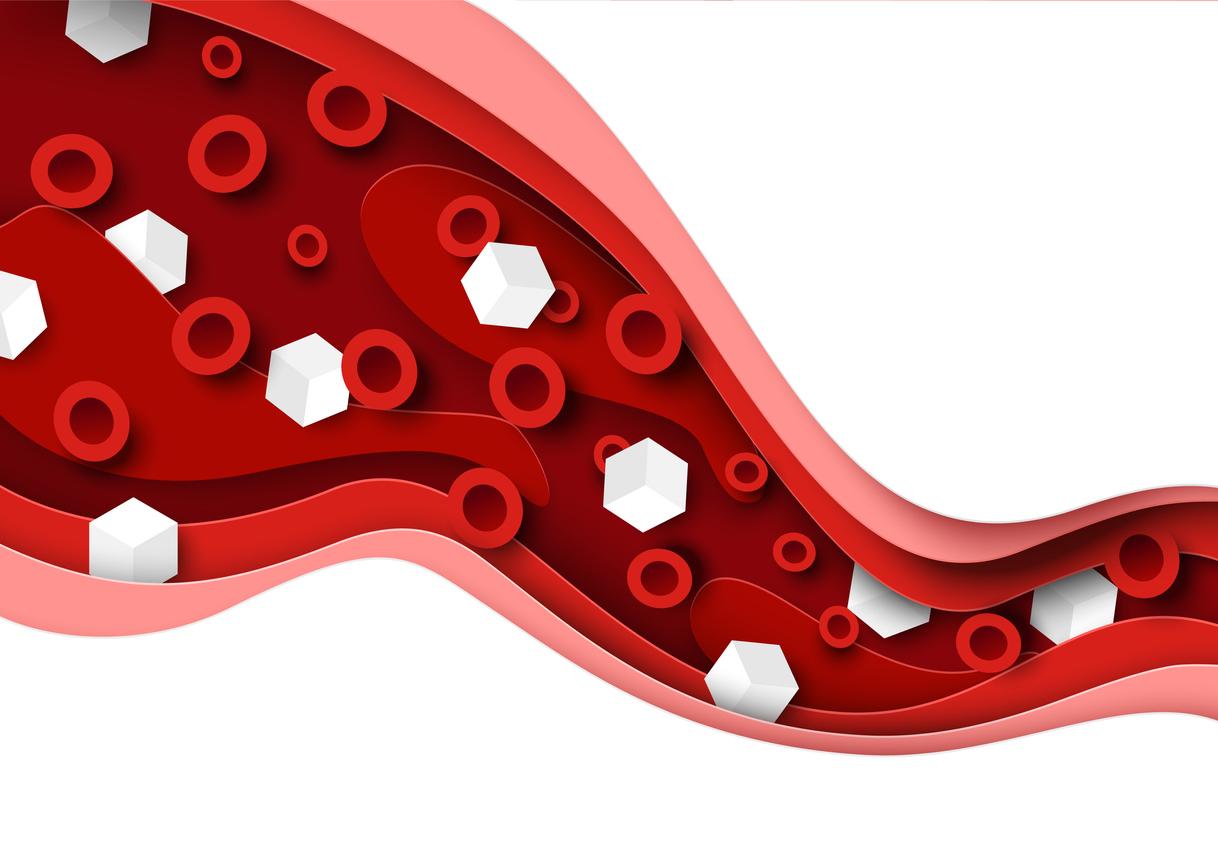
When should you ring the bell?
Since the corona outbreak, saturation meters, devices with which you can measure the oxygen level in your blood, have not been available. If you are infected with the coronavirus, you can have a low oxygen level. Some become short of breath or short of breath, while others are not bothered by anything. Seven questions and answers about the oxygen level in your blood.
1. What is a good oxygen level?
The amount of oxygen in the blood is indicated as a percentage, also called (oxygen) saturation. The oxygen percentage in your blood says something about the functioning of the lungs. If you are healthy, a saturation value of 95 to 100 percent is normal. At values of 92 to 94 percent, there is a deficiency, also called desaturation. This can be dangerous for your health. You can suffer from, for example, a corona infection, pneumonia or asthma attack. You must then urgently contact your doctor or general practitioner and possibly be admitted to hospital. At a value of 90 percent or lower, you need extra oxygen.
Do you have COPD? Then different values apply. For COPD patients, a saturation value of 88 to 92 percent is normal.
2. Is there a difference between the oxygen content of younger and older people?
For both younger and older people, a normal saturation value of 95 to 100 percent applies. Only a saturation below 95 percent is more common in healthy older people than in healthy young adults, according to research from General Practitioner and Science. If this is the case, it is still best to contact your doctor to be sure.
3. How do you notice that you have less oxygen in your blood?
You can then become drowsy, short of breath or short of breath. You may also suffer from anxiety and confusion. The only problem is that in the case of the coronavirus, not every corona patient notices this. For example, lung specialist Leon van den Toorn of Erasmus MC and chairman of the lung specialist association (NVALT) says RTL News: “They themselves do not have the feeling of being short of breath or short of breath, even though the oxygen level in their blood is very low. That is why it is important for those patients to know what the oxygen level is in their blood. low, it may indicate a more severe course of the disease.”
Do you suffer from shortness of breath, but do you not have a low oxygen level or other complaints? Then it is also possible that you are having a panic attack or suffer from hyperventilation. In case of complaints, always contact your doctor.
4. How can you measure your saturation?
You can measure the oxygen level in your blood using a saturation meter. This is often a compact and wireless type of squeezer that you put on a finger. The device works with LED lights that measure how much light passes through your finger. This gives the saturation, expressed as a percentage.
There are different types of oximeters and providers. For example, they are offered through Measure your health, Viper Medical and Oxigo. In addition, there are portable devices that tell you how much oxygen is in your blood. For example, those of Fitbit, Huawei or Honor. These are often not medically tested.
5. Does it make sense to measure saturation daily?
For people with corona, COPD, asthma or another lung disease, yes. It can also be wise for some athletes and professional mountain hikers to monitor their oxygen level with a saturation meter. “But for people without underlying lung problems, who have no complaints, it is not necessary to measure every day. That is really exaggerated,” says Long Doctor Van den Toorn.
6. How do you get more oxygen in your blood?
If you are healthy, you can maintain the oxygen level in your blood by adopting a healthy lifestyle: eating healthy, iron-rich food, getting enough exercise (preferably in the open air) and relaxing. Do you smoke? Stop or less to improve blood oxygen levels.
7. When should you ring the bell?
Do you suffer from complaints such as shortness of breath, is your saturation (as a healthy person) lower than 94 percent or are you concerned about your health? Then it is wise to call your doctor.
Pay attention: Measuring your saturation yourself is not a substitute for a visit to the doctor or general practitioner.
Sources):












